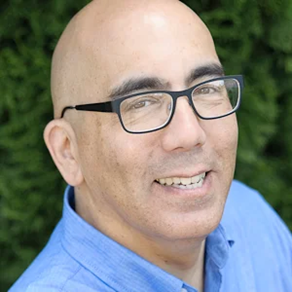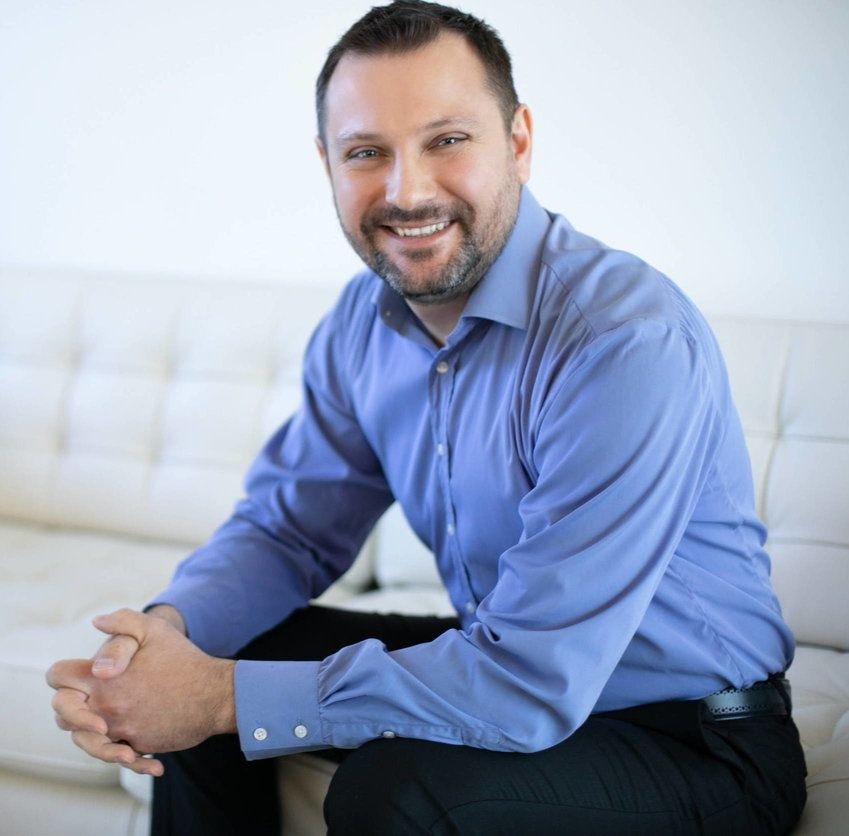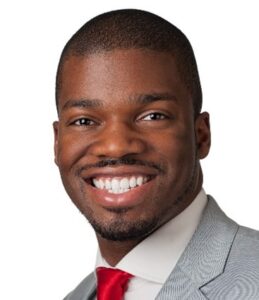
Today’s spotlight is centered on the legacy of Dr. Gordon C. Nagayama Hall, former Professor of Psychology at Kent State University and Pennsylvania State University, and psychologist at Western State Hospital in Washington state. Dr. Hall recently retired from the University of Oregon, leaving behind his esteemed position as a Professor of Psychology and Associate Director of Research in the Center on Diversity and Community. Dr. Hall received his B.S. in psychology at the University of Washington, Seattle in 1977, and his Ph.D. in clinical psychology from Fuller Theological Seminary in 1982. Since obtaining his degree, Dr. Hall has made remarkable contributions to the field of psychology through extensive leadership and scholarship.
Early in his career, Dr. Hall studied sexually aggressive behavior in offenders and college populations. This led to multiple publications in the 1980s, 1990s, and early 2000s that further examined cultural considerations associated with sexual aggression. Dr. Hall’s later research focused on cultural factors associated with mental and physical health, particularly involving Asian Americans. Much of this work focused on cultural adaptations of psychotherapy to reduce mental health disparities. Dr. Hall’s research in these areas was funded by the National Institute of Mental Health (NIMH) through the Asian American Center on Disparities Research.
Dr. Hall has served as a principal investigator or co-investigator on other grants from the NIMH, receiving over one million dollars in research funding. He currently has NIMH funding to develop the Mind Boba problem-solving therapy app (mindboba.com) for Asian Americans. Through his research endeavors, he has had over 100 peer-reviewed papers published which were cited more than 13 thousand times. Dr. Hall also wrote the first textbook on Multicultural Psychology, which is now in its 4th edition. He formerly served as the Associate Editor of the Journal of Consulting and Clinical Psychology and as Editor-in-Chief of Cultural Diversity and Ethnic Minority Psychology.
Dr. Hall’s numerous service contributions to the field include serving on the APA Commission on Ethnic Minority Recruitment, Retention, and Training and as a member of APA’s Council of Representatives. Dr. Hall previously served as the President of both the Asian American Psychological Association (AAPA) and the APA Society for the Psychological Study of Culture, Race, and Ethnicity (Division 45). His contributions to these associations earned him both the AAPA Lifetime Achievement Award and the Division 45 Distinguished Career Contributions to Research Award. Other honors include the Stanley Sue Award for Distinguished Contributions to Diversity from the APA Division of Clinical Psychology (Division 12) and an APA Presidential Citation for his extraordinary leadership in advancing multicultural psychology.
In sum, through Dr. Hall’s extensive leadership and research contributions he has emerged as an influential figure in promoting diversity, inclusivity, and multiculturalism in both academic and other professional settings. Considering these outstanding contributions, I have posed the following 5 questions to him, with his responses following in bold.
1) You have engaged in so much service to the field. How did you decide which committees or leadership roles would be meaningful to you? Furthermore, what advice would you give more junior colleagues who are contemplating how best to serve the field, while also balancing academic/practice-related professional demands, alongside trying to maintain a fulfilling life outside of work?
Service to the field has been a joy because of opportunities to work with many great people who have become my friends. My national network of friends and colleagues served as a buffer against many challenges I faced in my career. The committees and leadership roles I agreed to were ones that would have an impact and involved people I trusted. That said, I advise junior colleagues to do service sparingly until you have security in your job (e.g., tenure). Institutions typically do not reward what they view as time away from work, even if it brings positive publicity to the institution. I also recommend doing one type of professional service at a time, so it does not detract from other areas of your work and life.
2) Which of your many professional accomplishments do you feel most proud of or find most fulfilling?
Mental health disparities have persisted at least since the 1970s when Stanley Sue first documented them. I am most proud of the Personal Relevance of Psychotherapy research program I conducted at the end of my career with clinical psychology and social neuroscience colleagues and students to address these disparities. This work is the basis of the Mind Boba problem-solving therapy app (mindboba.com) I am developing for Asian Americans. This app promises to make personally relevant therapy widely accessible to Asian Americans, who are the least likely group to use mental health services.
3) Looking back on your career, is there anything that you wish you had done differently or more or less of)? From this, what advice would you give to a young professional just starting out in the field?
My career has been fulfilling because of the many outstanding colleagues and students I have been blessed to work with. I can’t think of anything I would have done differently. Here are three pieces of advice for young professionals:
- Be a good person
- Work hard
- Get famous
First, being a good person means to respect others and form good relationships. Good relationships outlast any individual professional accomplishments. Second, success requires hard work. But hard work can be accomplished efficiently by identifying and focusing on only the most important issues to allow time for a work-life balance. Work is not life. Finally, if you are a good person who works hard, you will become famous for being someone trustworthy who people want to know and work with.
4) What will retirement look like for you, Dr. Hall?
I retired in 2020 to allow opportunities for junior colleagues. It has taken me over three years, but I am finally extracting myself from most professional responsibilities. I still enjoy giving occasional talks in locations that allow me to visit my children. But like many food products, I think I have reached my “expiration date” in terms of what I have to offer. My day job in retirement is taking care of my almost 6-year-old granddaughter Emiko, which keeps me busy and happy. Retirement has also provided opportunities to travel to interesting places with my wife and family.
5) Is there anything else you want to share about your illustrious career?
I am grateful for the privilege of mentoring outstanding graduate and undergraduate students throughout my career at every institution where I have worked. These students have immersed themselves in my work and have been instrumental in developing new ideas and directions. They helped create supportive communities where we worked hard and had fun.
Written by Esther Lapite, M.A.



